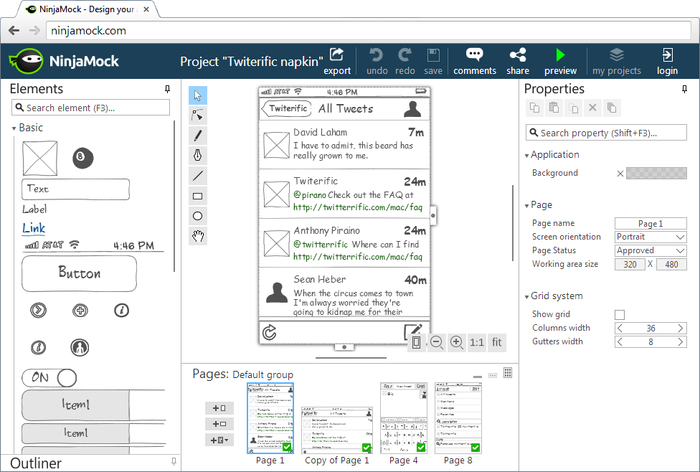Startup Name: Blended Admin Tagline: Software Development, Data Administration, Databases Elevator Pitch: Hey, I’m a software developer...
Mike88
Mike Nicholls Australian Inventor + Entrepreneur working with a small team of engineers building prototypes from Inventions including two medical devices. Publishes Startup88.com and has assessed/reviewed +500 inventions and +200 startups in the last 3 years. Mentors Sydney Startups via Incubate and other incubators and helps members of the Australian Startup Community via the Startup88.com website with free publicity and advertising. Experience in numerous industries including Digital Publishing, Cloud Computing, Apps, Hardware, Aviation, Real Estate & Finance and Health/Medical Devices.
Startup Name: Snappykit Tagline: Snappykit is a new way of creating websites for mobile apps. Elevator Pitch:...
Startup Name: Kookaborrow Ed: As with most of these peer to peer businesses, building the app is...
Startup Name: Basin Commerce Most people forget that Industrial England was built on a network of canals...
Pretty interesting, these guys provide a documented way to scale hosted WordPress using Amazon AWS and unlike most of...
Ed: Really interesting product which could be described as the love child of a Router/Firewall and an...
Ed: I get a lot of pitches and very few products impress me but this app is so cool Startup...
Ed: I love this product, I first used it about 2 years ago and it was pretty good...





